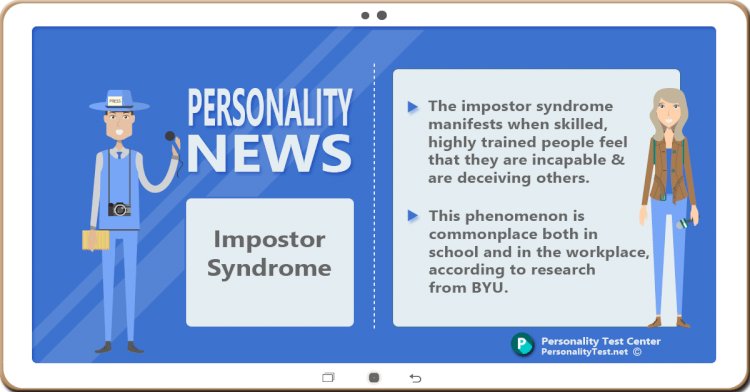Impostor syndrome
The impostor syndrome manifests when skilled, highly trained people feel that they are incapable and are deceiving others.

Brigham Young University
Main titles
- This phenomenon is commonplace both in school and in the workplace, according to research from BYU.
- 20% of college students experienced strong feelings of impostorism.
- The most effective coping mechanism used by students was reaching out to people outside their academic program.
- Perceptions of impostorism sometimes increased when students turned to other students within their major.
“Those outside the social group seem to be able to help students see the big picture and recalibrate their reference groups. After reaching outside their social group for support, students are able to understand themselves more holistically rather than being so focused on what they felt they lacked in just one area.” Jeff Bednar, BYU management professor.
- Research shows that individuals who suffer from impostorism are capable of doing their job well; they just don't believe that they can rise to the challenge.
"The root of impostorism is thinking that people don’t see you as you really are. We think people like us for something that isn’t real and that they won’t like us if they find out who we really are.” - Bryan Stewart, BYU accounting professor.
Source: news.byu.edu

 vneo
vneo 












